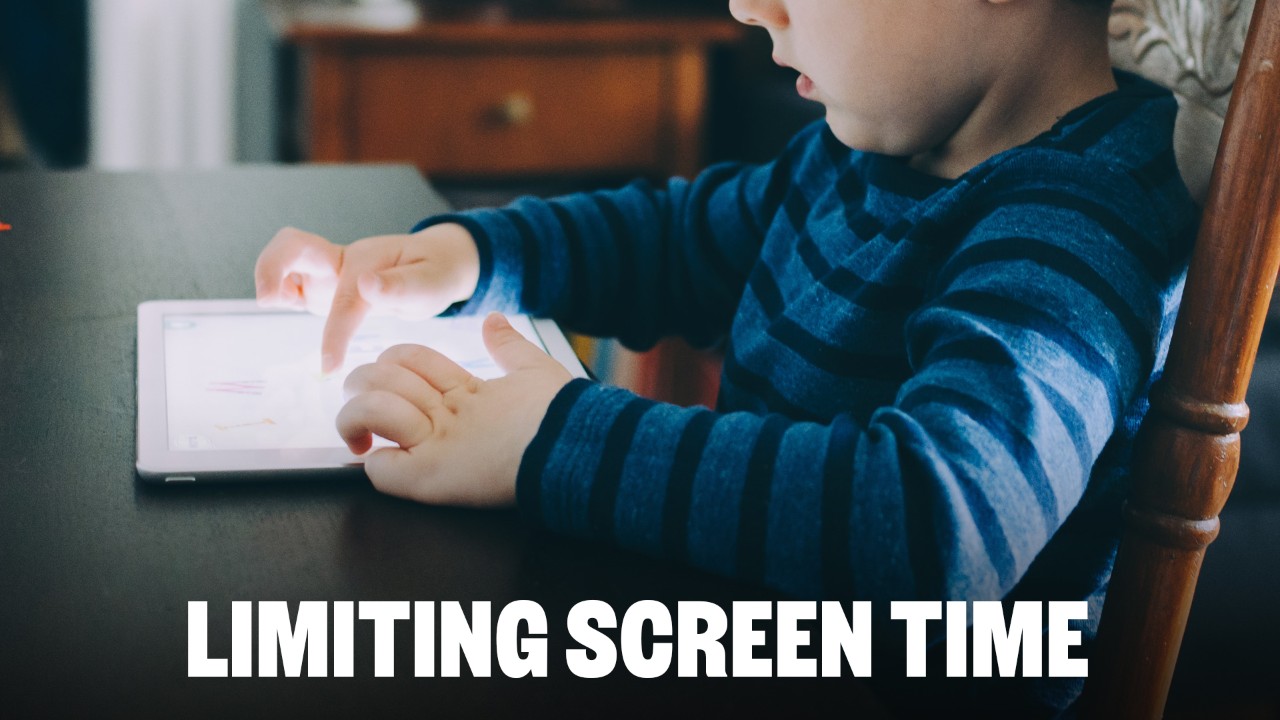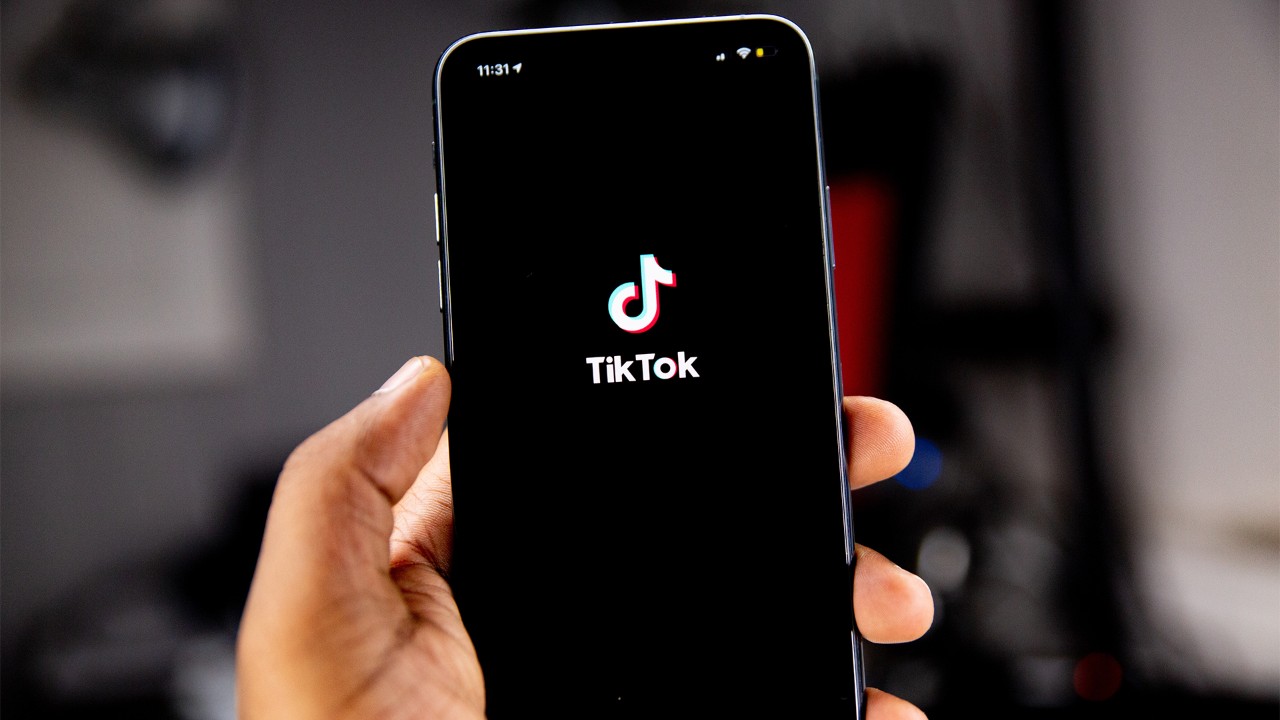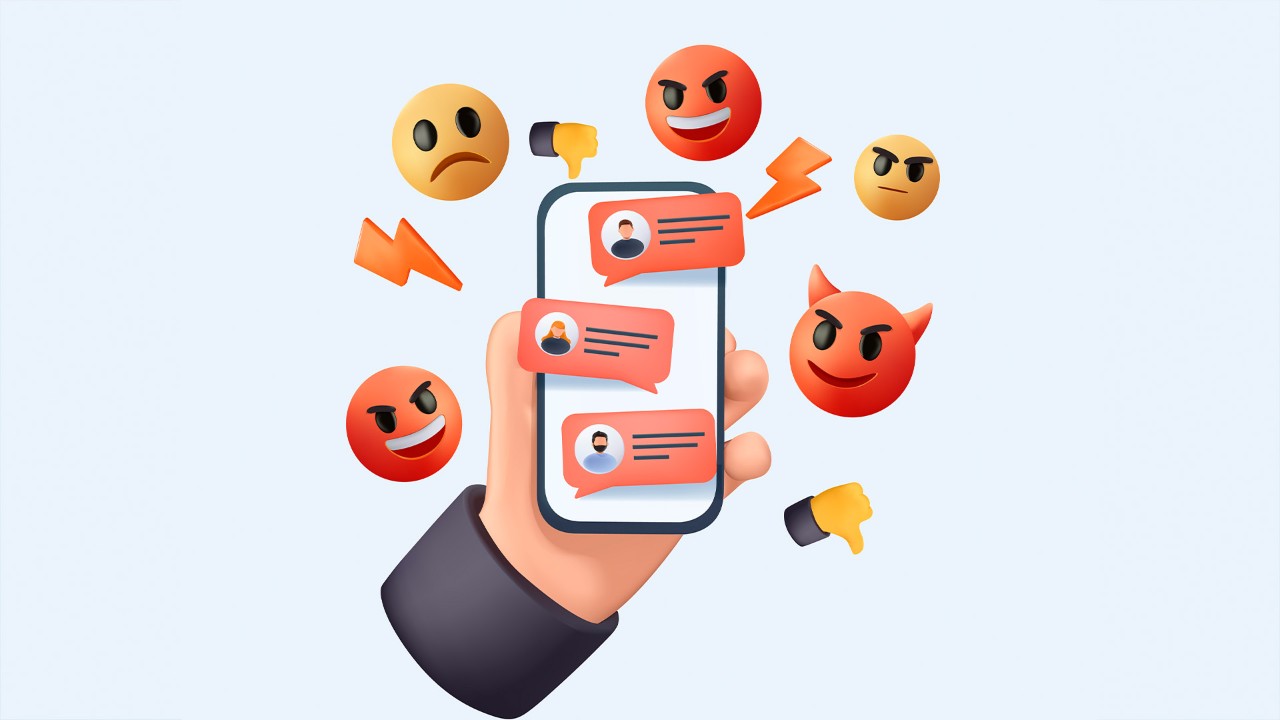Nathan Wallis is a neuroscience educator and a father of three & foster parent with a professional background in child counselling, teaching, and social service management.
Nathan’s presentations explore how the brain works and how neuroscience can better inform our day-to-day interactions with children and young people.
Speaking to Dominic Bowden on the Wellbeings show this morning, Wallis shared his thoughts on screen time and its effects on our mental well-being.
"We say anxiety is living in the future and depression is living in the past," Wallis said.
"Mindfulness is living in the present moment. So it is about stopping and slowing down. That's where you enjoy life when you can."
"Screens are flashing lights and essentially speed up our internal system.
"So we do need some time away from screens. But they are a reality of everyday life, so it's about trying to find that balance.
"That's a number one concern for a lot of parents, and many say they are pretty much addicted to their devices themselves.
"The World Health Organisation and the World Association of Paediatrics, say the appropriate number of minutes for a child under the age of two to look at a screen per day is zero because it's just associated with such a quick dopamine hit that it doesn't encourage them to play and be adventurous and stuff.
"The things that I look at are designed to give a boost of dopamine. So basically, why would you go outside and spend 15 minutes building a sandcastle when you can get the same dopamine hit by pushing a couple of buttons on your computer?
"So that's the problem really."
Wallis gave some advice to parents who are concerned about their children's screen time, saying:
"We talked about the research on the correlation between anxiety and depression and screen time.
"But there's also that some of the research shows that if your child has two hours a day of device free time, then it takes them outside of that high-risk group.
“So you can put your phones away, turn the screens off and have two hours a day of device free time, during whatever time works for your family."
Listen to the full interview between Nathan Wallis and Dominic Bowden above.
You can also download the full interview on the WellBeings, and listen on the go. Download the rova app on apple or android to listen to this podcast on the go, or anywhere else you get your podcasts.













